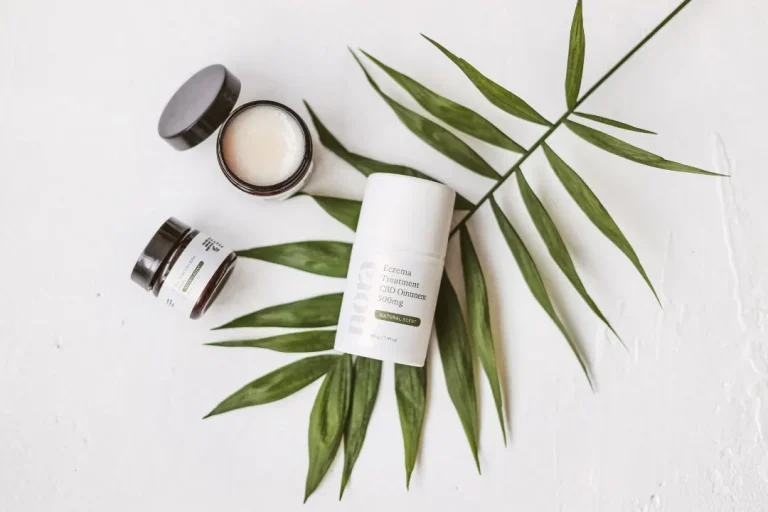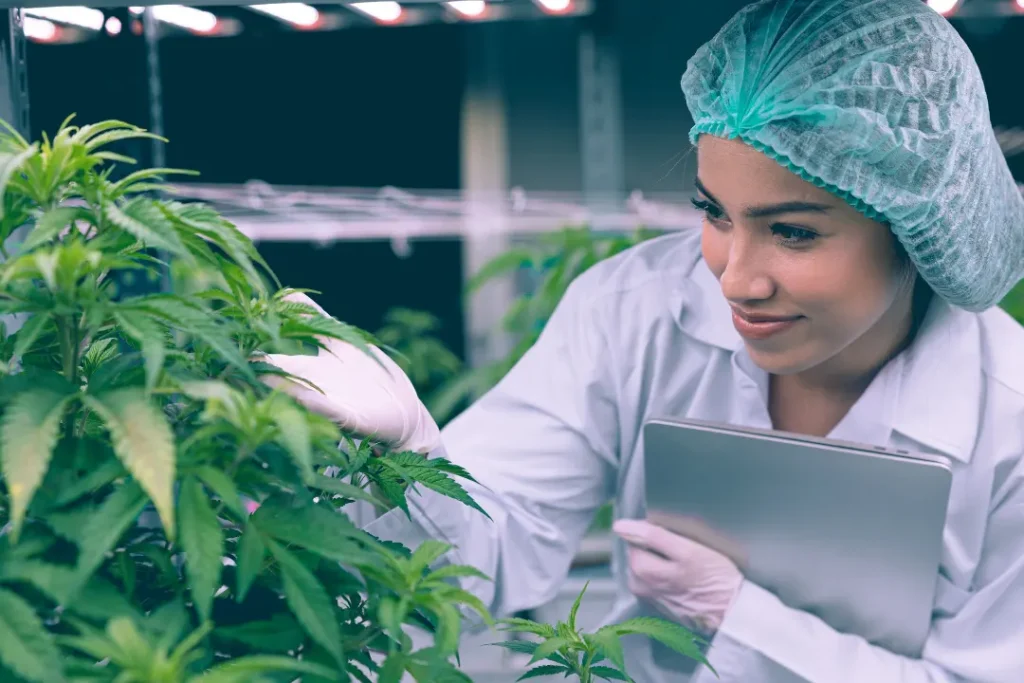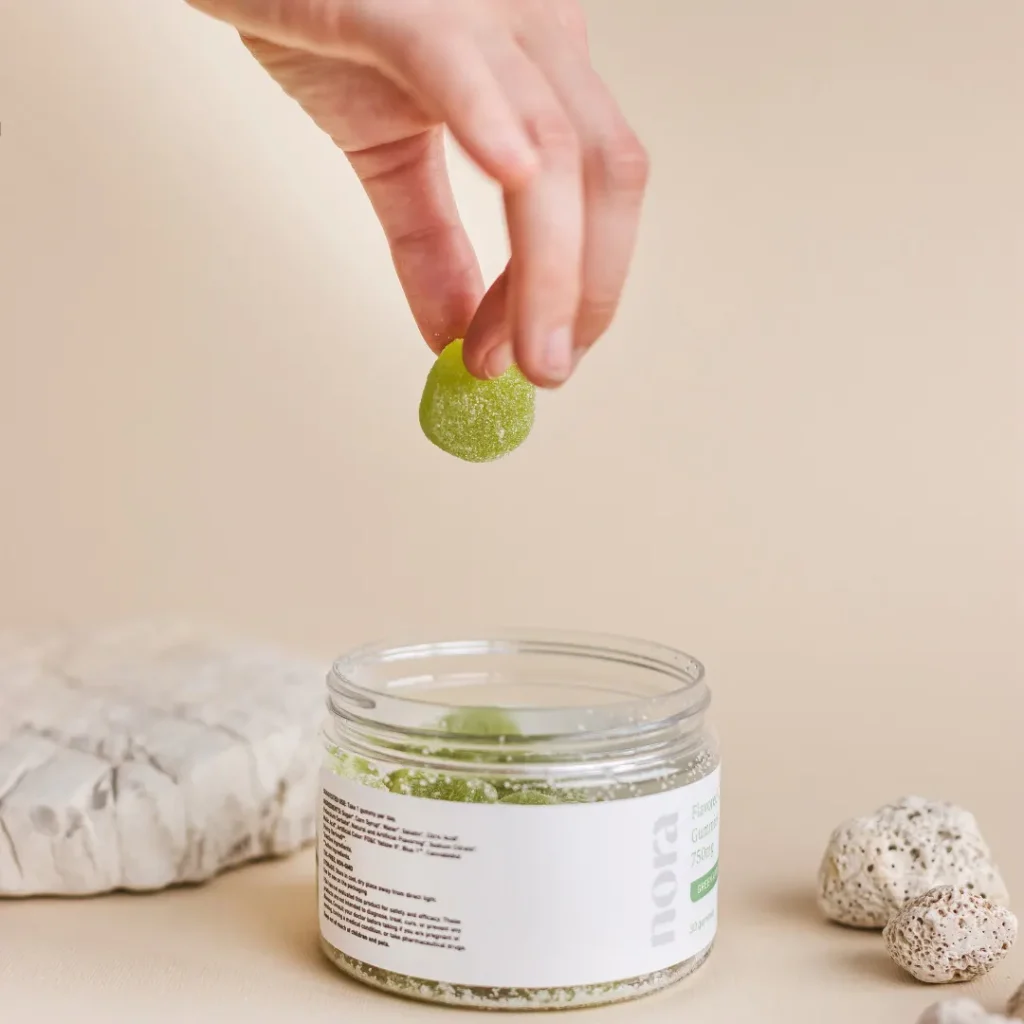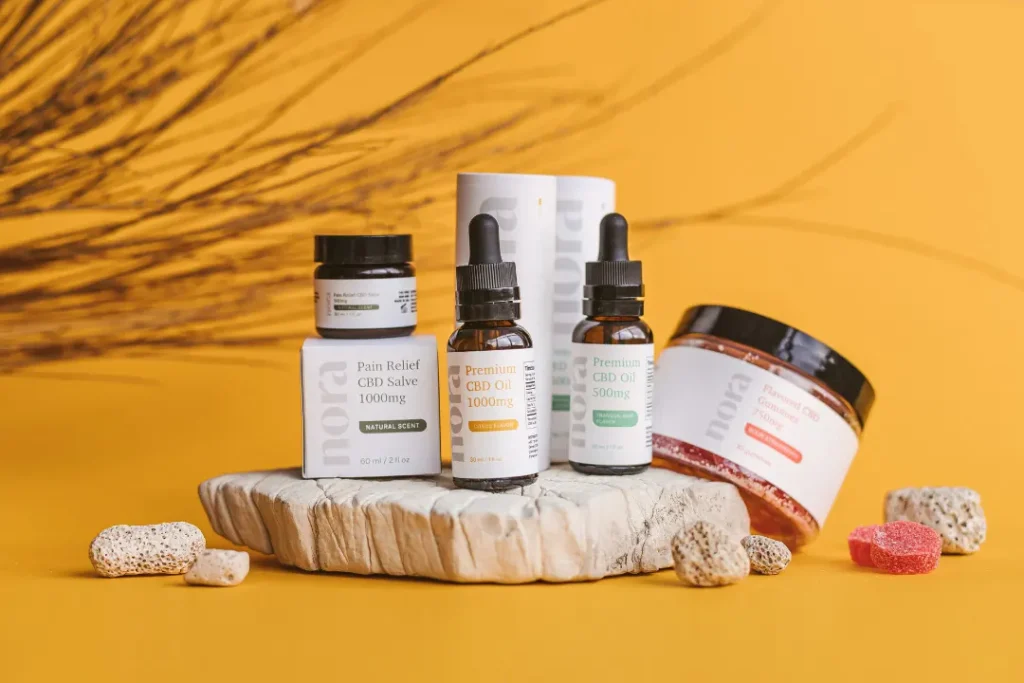
In this article, we compare Hometown Hero CBD with Partnered Process CBD in order to determine which brand affords you better quality and value.
Many articles have been written about cannabidiol (CBD), a compound that comes from the hemp plant. Evidence suggests that CBD has numerous beneficial properties, and can help to reduce anxiety, treat insomnia and sleeping issues, and alleviate chronic pain. Hemp is a legal product under federal law, but it is closely related to the marijuana plant, which is still illegal under federal law and is prohibited in several states.
Regular marijuana contains delta-9 THC, and it is illegal to sell plants and products containing it. Delta-8 tetrahydrocannabinol – or just delta-8 THC – is also capable of getting users “high” and shares similar side effects with delta-9 THC. However, the wording of the federal law does not specifically include delta-8 THC. Some companies are depending on this loophole to sell the latter as a legal drug. The FDA has warned consumers that “delta-8 THC products have not been evaluated or approved” by them “for safe use in any context.” Despite this, products containing delta-8 THC are widely sold and purchased.
You May Also Like:
14 of the best calcium supplements in 2023
Best supplements for lowering blood pressure
One company advocating for delta-8 THC is Hometown Hero CBD, based in Austin, Texas. They offer a wide variety of products similar to those derived from low-THC hemp, and they claim it provides the same kind of benefits. In this article, we compare Hometown Hero CBD’s supplements with the product line from Partnered Process CBD, which relies solely on hemp with THC levels below the legal threshold, and recommend the manufacturer that offers the better and safer products.
Hometown Hero CBD vs. Partnered Process CBD:
Company philosophy and production
Hometown Hero CBD started as a home-owned business run by two friends who specialized in hand-crafted hemp products. They set a goal of donating part of their profits to charities that support U.S. military veterans, and they began challenging efforts to pass laws that would specifically ban delta-8 THC in the same way delta-9 THC is outlawed.
As their business has grown, Hometown Hero CBD has maintained its commitment to small-batch production of its gummies, tinctures, and other products. These products undergo six rounds of testing by third-party labs to ensure safety, legal compliance, and cannabinoid content.
Meanwhile, Partnered Process CBD certifies that their products are made from hemp plants grown by U.S. farmers who use environmentally-sound practices to guarantee sustainability. To ensure consistency in their operation, the company has developed clones of a specific type of hemp plant from Colorado and shipped those plants to its partner farm, Turtle Creek Gardens, in Delavan, Wisconsin.
This local farm produces certified-organic industrial hemp that is harvested on-site and processed in Waukesha, Wisconsin. This extraction facility was designed and built from the ground up to ensure that its CBD products are organically pure and safe for consumers.

Hometown Hero CBD vs. Partnered Process CBD:
Forms of consumption
One of the most important questions consumers ask is what form of hemp product works best for them. There are many options, ranging from pills to oils to gummies. Partnered Process offers a large variety of these products, including fast-disintegrating tablets, mints, tinctures, gummies, and oils. The company reports that its CBD oil is more efficiently absorbed than other supplement forms and produces fewer negative reactions.
Partnered Process also offers hemp plants that can be smoked in cigarette form or in pipes. This method is preferred by some users because it can deliver more CBD directly into the bloodstream. According to the Partnered Process website, oral consumption (pills, gummies) delivers about 15% of the active ingredient because the rest is metabolized by the liver. Sixty percent of the active ingredient is delivered through inhalation.
Hometown Hero CBD offers a full line of products that feature delta-8 THC as the active ingredient. Their website lists gummies, edibles, flowers, tinctures, concentrates, topicals, and even moon rocks. Combinations of these products are offered in bundles from the company as well.

Hometown Hero CBD vs. Partnered Process CBD:
Price and value
Both Hometown Hero CBD and Partnered Process CBD make premium products that emphasize quality ingredients and processing over cost-cutting measures. In addition, the forms of hemp plant from which these products are derived differ in their potency and concentration. Dosages are personalized for each user, so the final cost to the consumer may vary based on many factors.
Based on the prices listed on each company’s website, it appears that products featuring delta-8 THC are generally more expensive than those based on CBD. For example, the gummies made by Hometown Hero CBD cost about $3 each, while the gummies from Partnered Process CBD cost slightly less than $1.50. A 30-milliliter bottle of delta-8 THC tincture from Hometown Hero CBD costs $50, while the same amount of tincture from Partnered Process CBD is $30.
Hometown Hero CBD vs. Partnered Process CBD:
The bottom line
Based on the lack of FDA approval and evaluation of delta-8 THC products as well as price, Partnered Process CBD provides consumers with a safer and cheaper selection of supplements. While Hometown Hero CBD offers a wide selection of sustainable and potent products, more research and additional governmental evaluation of delta-8 THC products are required to protect consumers who are only in search of CBD.
CBD products are winning the general approval of adults in the U.S., and supplements made from hemp containing low-THC levels are proving to be safe and effective in the treatment of many conditions. When used judiciously, CBD products can make life better for many people around the world, and are worth investigating for their potential health benefits.

Further Reading:
Harvard Health: “Cannabidiol (CBD): What we know and what we don’t”
Health: “What Are the Health Benefits of CBD–Cannabidiol?”
CDC: “CBD: What You Need to Know”
Important Note: The information contained in this article is for general informational purposes only, and should not be construed as health or medical advice, nor is it intended to diagnose, prevent, treat, or cure any disease or health condition. Before embarking on any diet, fitness regimen, or program of nutritional supplementation, it is advisable to consult your healthcare professional in order to determine its safety and probable efficacy in terms of your individual state of health.
Regarding Nutritional Supplements Or Other Non-Prescription Health Products: If any nutritional supplements or other non-prescription health products are mentioned in the foregoing article, any claims or statements made about them have not been evaluated by the U.S. Food and Drug Administration, and such nutritional supplements or other health products are not intended to diagnose, treat, cure, or prevent any disease.